Learn Arabic as it is really spoken. Listen to and read Levantine Colloquial Arabic.
Yumn escapes from city life for a few days. Where does she go? How does she feel?
خلصت الجامعة وضغط الإمتحانات والشوب ورمضان. ما كان في حل للرياحة النفسية والجسدية إلا الطلعة عالجبل. جهزت غراضي ويلا عالجبل. من أول ما وصلت كان في نسمه هادية ناعمه. قلت بقلبي، لح كيف. المنظر يلي بهالضيعة كان يدعو للتأمل والرواء كأن حياة تانية عالآخر. وأحلى شي لما يمرقو الأحصنه وكل أنواع الحيوانات متل الأفلام، بغض النظر عن الخواريف واده ريحتن بتقرف. وبالليل بكون عالبرندا لأن منظر النجوم خيالي. يعني بتعيش بعالم تاني لأن السما صافية كتير. ومافي نجمه أو كوكب إلا ما مبينين. وياما شيفي الشهب يلي بيبقو لاقل من ثانية بس بيتركو شعور حلو. كمان مافينا ننسى إنو فجأة بيجي وطواط بموت رعب. ولحشرات يلي بتيجي عالضو وخصوصاً الصرصور الأسود يلي كان لح يعطيني سكتة قلبيه. هيدا فلم رعب. والضباب يلي فجأة بيجي وبكون بارد وبغطي الدنيا وبصير برد بنصف الصيف أو صوت الكلاب بنص الليل لحالو. بس. فوق كل هيدا كنت مبسوطة كتير. كانت تجربه حلوة أد ما بتريح. يعني الانسان لازم من وقت للتاني يبعد عن العالم وجو المدينة، ويتواصل مع الطبيعة شوي، يحس إنو الطبيعة جزء من وجودنا بهالحياة . العيشة بالمدينة بتنسينا جمال الطبيعة، وبتلاقينا مشغولين بأشيا معأدة. بالنسبه إلي إذا بسحلي عيش بالضيعة ما بقول لأ .
I just finished exams in the hot summer and fasting of Ramadan. The only way to get some mental and physical rest was to go up into the mountains. I prepared my stuff and went to the mountains. From the moment I arrived, there was a calm, gentle breeze. I said to myself, “This is going to be fun.” The view in this village was an invitation to meditation and the calmness was totally of another world. The best part was when the horses and all types of animals went by, like in the movies… regardless of the sheep and their disgusting smell. At night on the balcony, the view of the stars is just magical. You know, [it’s like] you’re living in another world, as the sky is crystal clear. There are just billions of stars and planets. And so many shooting stars, which last for less than a second, but leave behind a nice feeling. And let’s also not forget there was a bat that suddenly came and scared me to death. Or the insects that come to the lights, especially black cockroaches that almost gave me a heart attack. It was a horror movie. And the cold fog that suddenly came in and covered everything, and made it cold in the middle of summer. Or the sound of dogs barking in the middle of the night. But that’s all. Beside all this, I was really happy and enjoying my time. I was a wonderful experience in that it was relaxing. People need to get away from the word [i.e. daily life] and the city, and connect with nature a little, and feel that nature is part of us in this life. Life in the cities makes us forget the beauty of nature, and we find ourselves busy with complicated stuff. Personally, if I ever had the chance to live in a village, I wouldn’t say no.

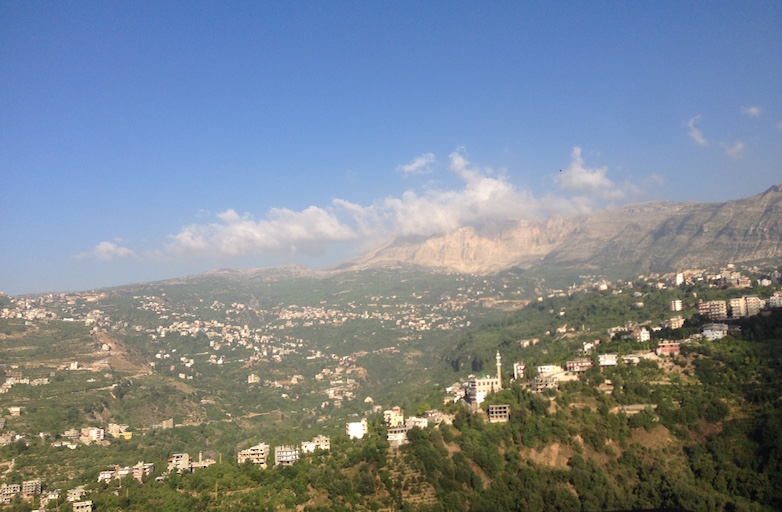
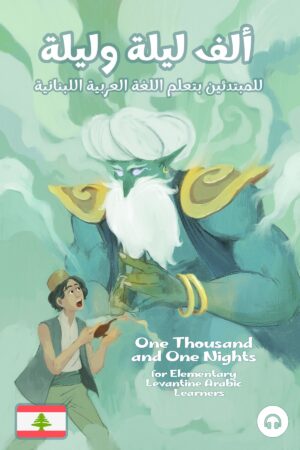
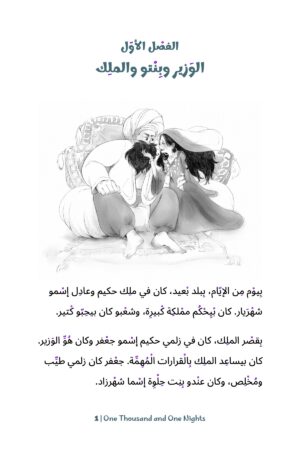
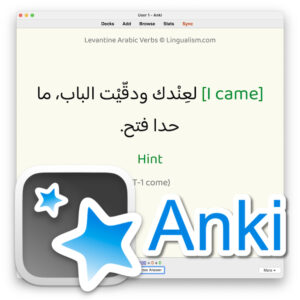
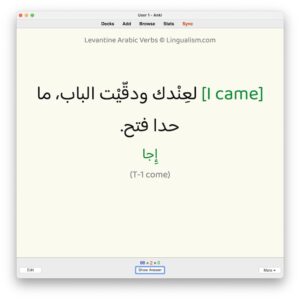
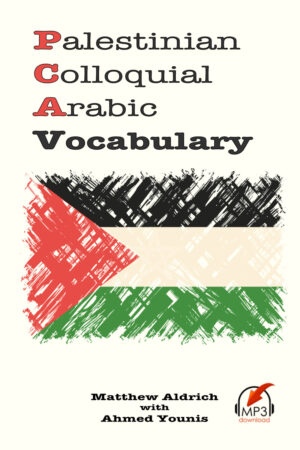
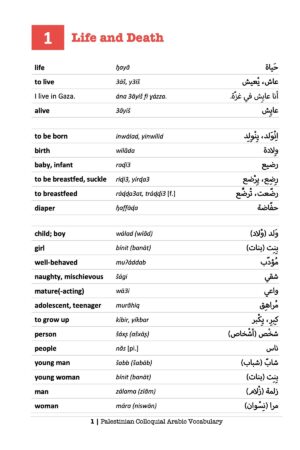
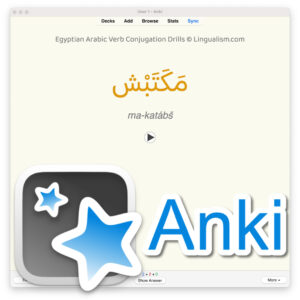
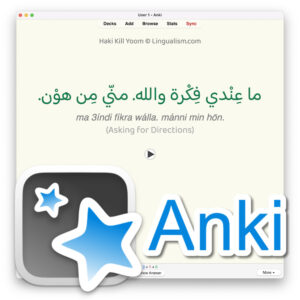
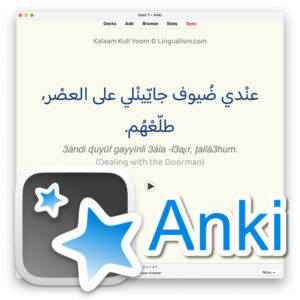
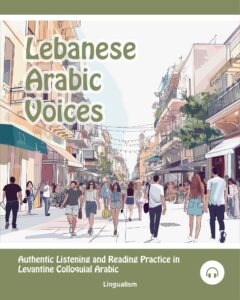
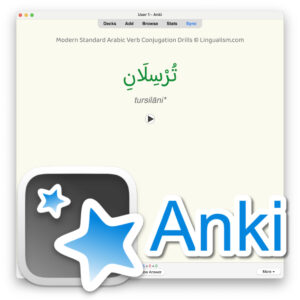
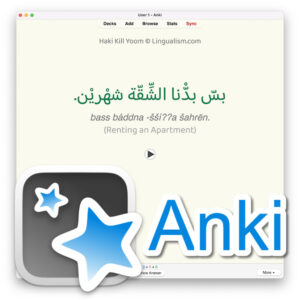
These blogs are really great, but I am very frustrated because I originally studied ECA and now I am trying to learn Levantine, and sometimes the words and phrases in the Zlebanese blogs don’t make sense to me gramatically.. So when are you going to out out something like shwayya an Nefsi in Levantine and other materials do I can learn the basics of the Levantine grammar.. Thank you.
I’m glad you like the blog posts. Don’t feel frustrated if you can’t understand everything. If you can pick up a few new words or phrases or figure out a point or two about grammar or pronunciation, that’s great and a success. Try coming back to the same material again a bit later and you’ll likely notice something you hadn’t noticed or something might click that didn’t the first time round.
I do have some Levantine projects in the works. Eventually, I hope to work the Levantine diaries series into a book, as I did with Egyptian Arabic Diaries. Shuwayya ‘An Nafsi is also something I’d like to get out there. –Matthew
Thanks for this great blog. What I like most is the fact that you use the Arabic script to transcribe the text. For those of us who are relatively fluent in Standard Arabic (and like me can speak a dialect quite remote from this one, that is, Moroccan) the script helps us to identify the root of the spoken words and then remember them easily… as most words have similar roots. By listening to the words in the dialect repeatedly, we can gradually recognise them with the “dialectal” pronunciation. I cannot understand why so many books on Arabic dialects use the transliteration only. There are useless if you read and speak FusHa.